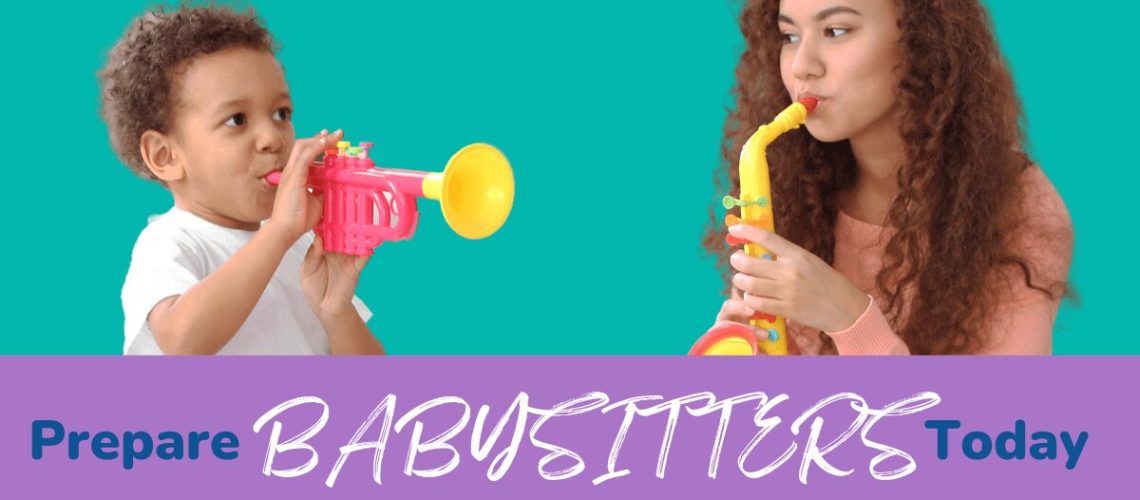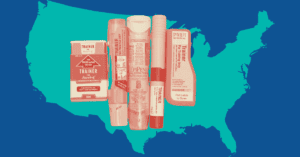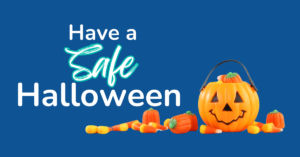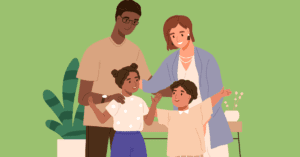Having a child with allergy is stressful and ensuring their safety when you are not there can feel impossible. However, Code Ana is here to help! We routinely prepare schools to respond to and recognize anaphylaxis but what about part-time caregivers like babysitters or even family members?
What do they need to know?
Babysitters are solely responsible for a child’s care and should know their health conditions. For children with allergy, there is important information you need to share with them:
-
- What their allergen is
-
- What type of epinephrine (epi) auto-injector your child carries
-
- Where they epi auto-injector is kept
-
- How to use the epi auto-injector
What you should share with them?
While knowing a child’s allergy and where their epi is kept is vital, additional information and education can help keep your child safer and you feel more confident in the babysitter.
-
- If your child has experienced anaphylaxis before, share what signs and symptoms they experienced. While anaphylaxis does not present the same way every time, you can prepare your child’s caregiver to be on the lookout.
-
- Have snacks ready for the babysitter so they have safe food ready to go when your child with food allergy gets hungry.
-
- Create a list of safe restaurants or activities to do outside of the home so the babysitter is empowered to make informed decisions.
-
- Share your emergency contacts (you, your child’s doctor, and any other numbers) and action plan for what to do if anaphylaxis happens.
Want to have your babysitter fully prepared for anaphylaxis? We have a created an Epinephrine Certification Course for Babysitters that can help! Enroll today!




